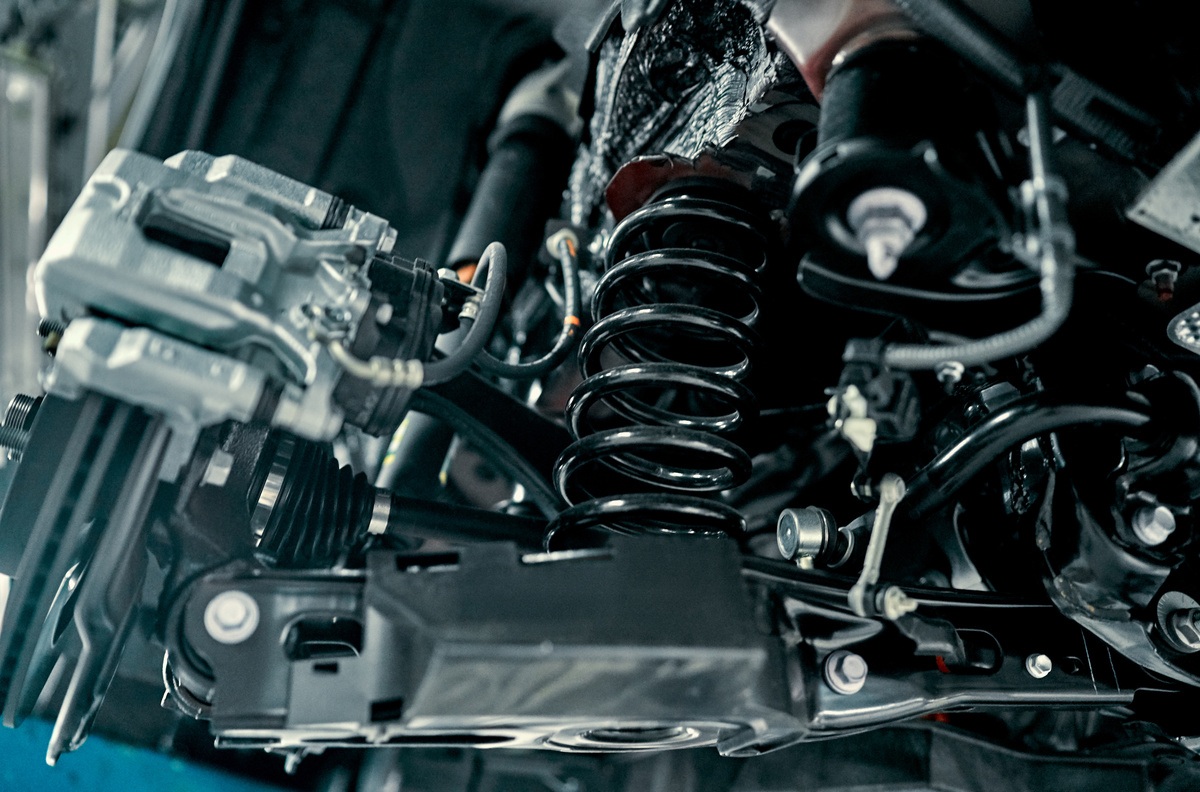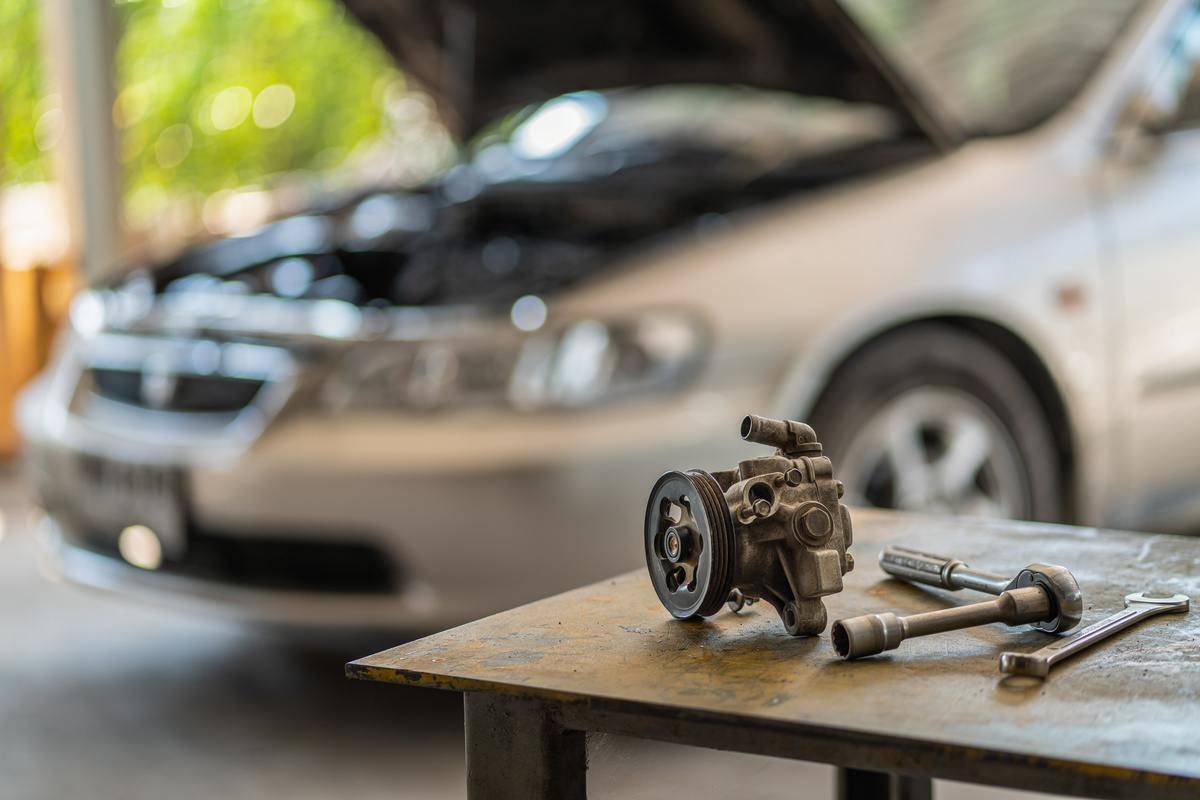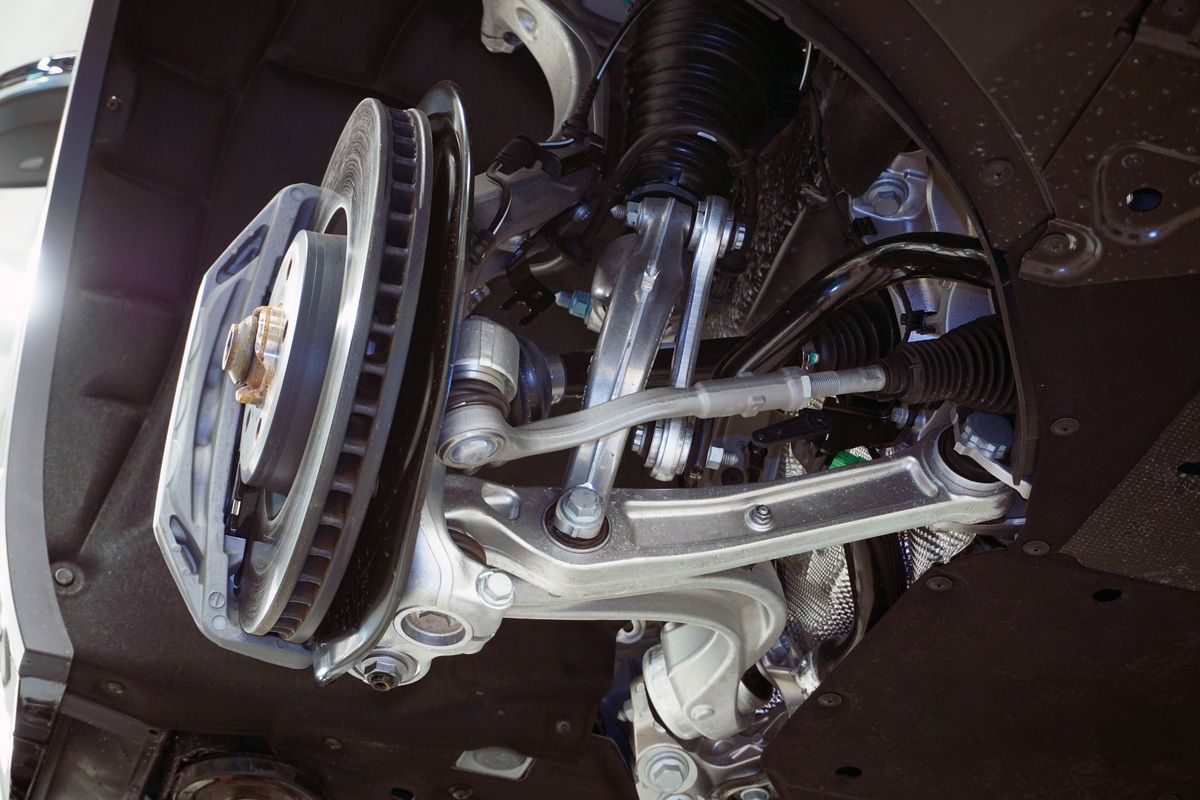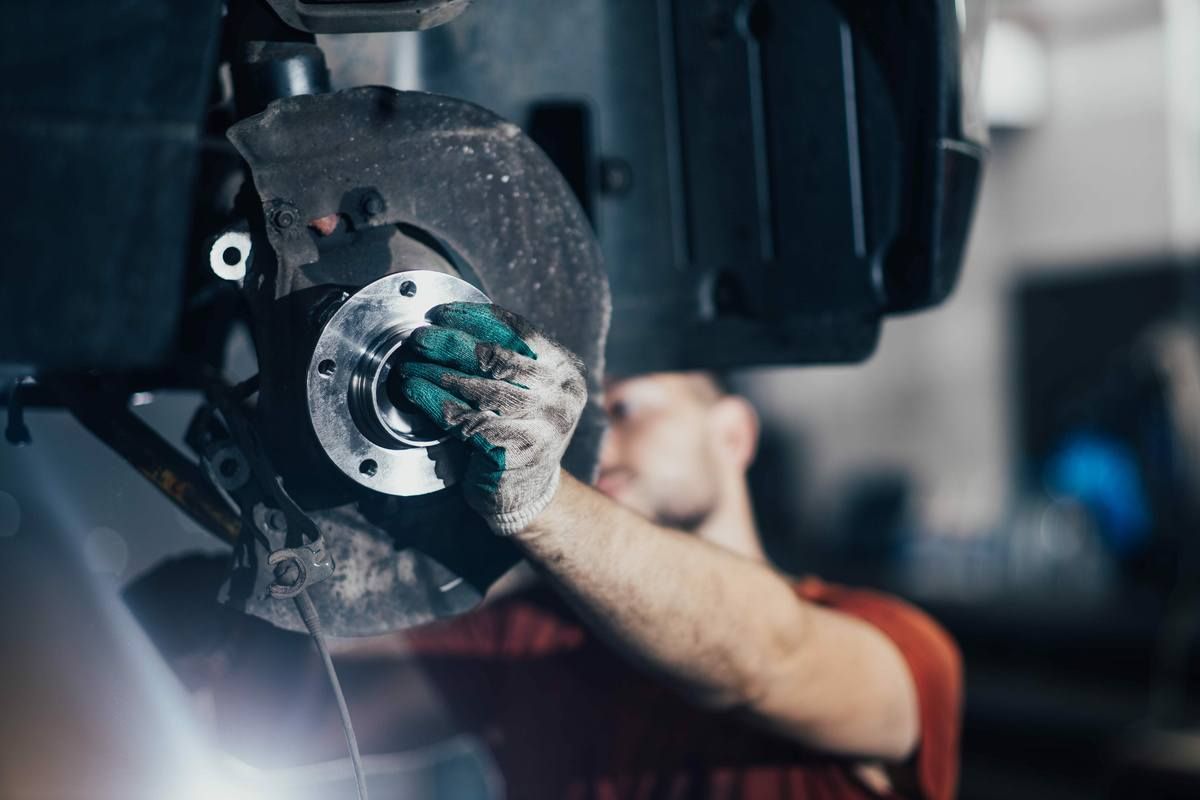Pros and Cons of Air, Leaf, and Coil Spring Suspensions
-
Written by Eric Riddles
-
Published on July 13, 2022
-
Category: Front End Work
A good, properly maintained suspension system is essential for providing a comfortable ride through various terrains. The varied motion that your car experiences due to uneven terrain, potholes, speed bumps, and more can have a significant impact on your driving experience. However, thanks to modern spring suspensions, you can enjoy a more balanced, comfortable ride. Keep reading to learn more about the common types of spring suspension systems.

Air Spring Suspension
An air spring suspension is a type of vehicle suspension that uses an electric pump or compressor to inflate air into flexible bellows, often made of textile-reinforced rubber. Pros of air spring suspensions include:
- Helps to improve ride height.
- It minimizes the occurrence of empty trucks with short wheelbases bouncing over uneven terrain.
- It enhances driving comfort by reducing road noise and vibration.
Cons of air spring suspensions include:
- The system's vulnerability to air leaks can cause it to malfunction.
- Air spring suspensions are expensive to buy and install.
- The extra weight can reduce fuel efficiency.
Leaf Spring Suspension
Leaf spring suspensions are fitted with different sizes of multiple layers of steel that are stacked on top of each other. Pros of leaf spring suspensions include:
- Due to the stacked layers, leaf springs provide efficient support between the wheel and the vehicle's chassis.
- The friction between each steel plate helps to control axle damping.
- Leaf springs are simple in design and inexpensive to manufacture and repair compared to other spring suspensions.
Cons of leaf spring suspensions include:
- Can be prone to axle wrap and shackle inversion.
- Often lacks in ride comfort due to inter-leaf friction.
Coil Spring Suspension
A newer version of leaf spring suspensions, coil spring suspensions absorb energy and then release it or maintain a force between two contacting surfaces. Thus, it helps the wheel absorb motion by allowing the spring to compress and expand. Pros of coil spring suspensions include:
- Coil spring suspensions have better flex capability than other systems, making them highly preferred for high-performance trucks.
- They are a better choice for uneven terrain since they allow more suspension movement.
Cons of coil spring suspensions include:
- More expensive than other types of spring suspensions.
- Not suitable for handling heavier loads.
At Custom Complete Automotive, we offer a variety of suspension maintenance and repair services for all types of vehicle suspension systems. To learn more about our suspension services, or to schedule an appointment at one of our locations in Missouri, contact us today!
Find an Auto Repair Shop Near You
We have multiple auto repair shops throughout Missouri located in Columbia, Jefferson City, and St. Louis.
Eric Riddles is an ASE Certified Master Automobile Technician who has been working as an auto mechanic since 1998 and originally joined the team at Custom Complete Automotive in 2005. Eric has numerous certifications in various aspects of car repair and spent 10 years training the next generation of auto technicians at a local high school Auto Shop classroom.



